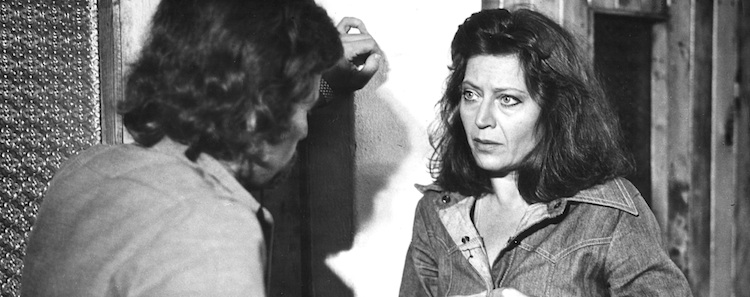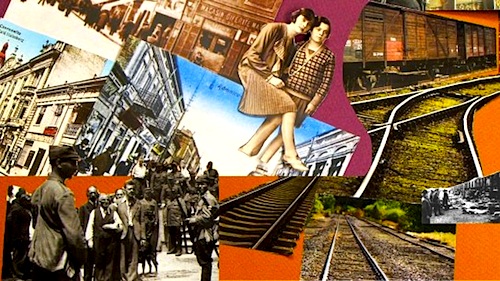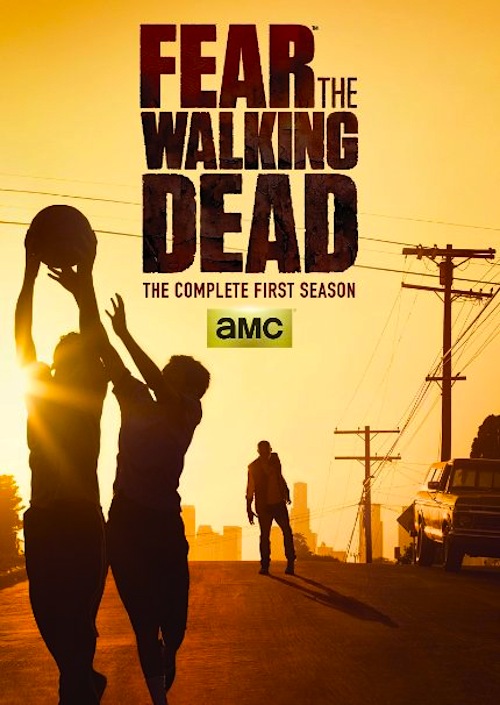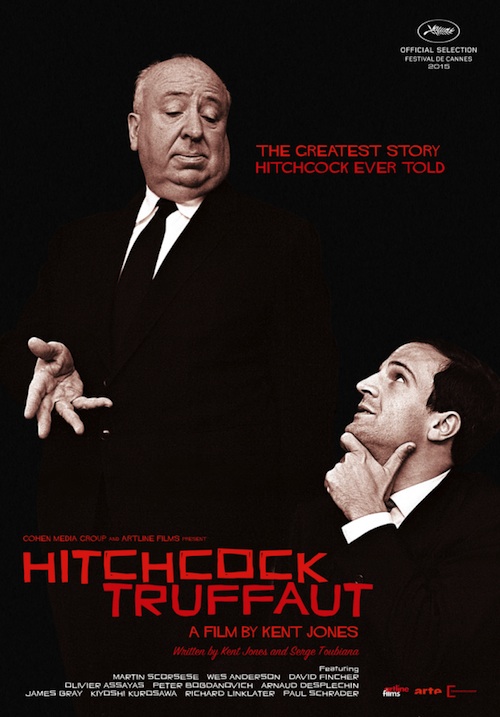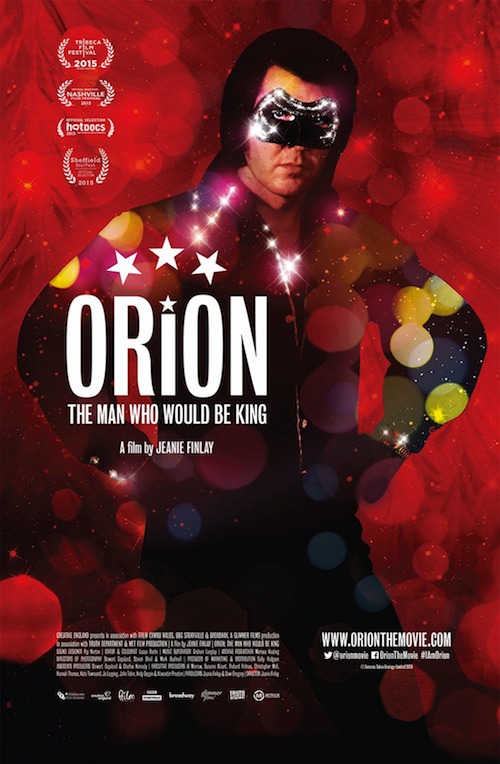By Joe Bendel. Several times Nelu Stroe’s mandatory military service has been postponed, but make no mistake, as a cameraman for the state media service, he is still very definitely at the government’s beck and call. He thinks his has charted an easier course for himself, but he starts to question his choices when he meets a relatively free-spirited woman. Subtly but subversively, Mircea Daneliuc holds a sly mirror up to 1980s Communist society in Microphone Test, which screens as part of a retrospective tribute to the filmmaker at this year’s Making Waves: New Romanian Cinema (at the Jacob Burns Film Center).
That is Daneliuc himself behind Stroe’s era appropriate mustache, as well as his constantly rolling camera. The year might be 1980, but Stroe works on a very contemporary sounding show. In their early forerunner of reality TV, Stroe films his on-again-off-again lover as she ambushes petty criminals. Her preferred prey are train passengers caught riding without tickets, such as the unrepentant Ani Covete. Much to his surprise, Covete reaches out to Stroe, but not in hopes of spiking her story. Instead, she rather smoothly charms him into loaning her money.
Thus begins a stormy, complicated romance. Although on some level Stroe realizes he is being played, he cannot help falling for her. He also starts to sympathize with her frustrations with the labor and residency regulations that prevent her from taking a sustainable job. Seeing bureaucracy from her perspective is an eye-opener. However, the health of their relationship becomes rather precarious due to her continued contact with her ex and his yet to be fixed draft notice.
Test might seem like decidedly cautious satire by our standards, but it was pretty rigorous stuff for its time. The groovy atmosphere also helps sweeten its caustic attitude. In terms of tone, think of it as a cross between Andrzej Wajda’s Without Anesthesia and a frank 1970s relationship dramedy—sort of. In fact, it takes several very strange detours that are still quite in keeping with its spirit.
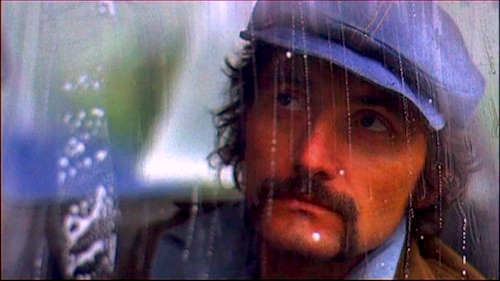
Daneliuc is really terrific as Stroe, helping his cause no end. One could argue he gives two distinct performances, with and without mustache, but they are both great. As Covete, Tora Vasilescu resembles a Romanian Debra Winger and she has a similar unpredictability. That might make Gina Patrichi a Gena Rowlands or Anne Bancroft figure as the older, more cynical reporter. There are serious sparks flying whenever the three play off each other.
Microphone Test is not an outraged protest film, but it offers viewers surreptitious peaks inside the Romania of its time. It is a messy world, filled with absurdist regulations, bitter power games, and good old fashioned lust. Intellectually fascinating and almost perversely engrossing, Microphone Test screens this Thursday (12/3) as part of Making Waves at the Jacob Burns Film Center in Pleasantville.
LFM GRADE: A-
Posted on December 2nd, 2015 at 10:49am.
